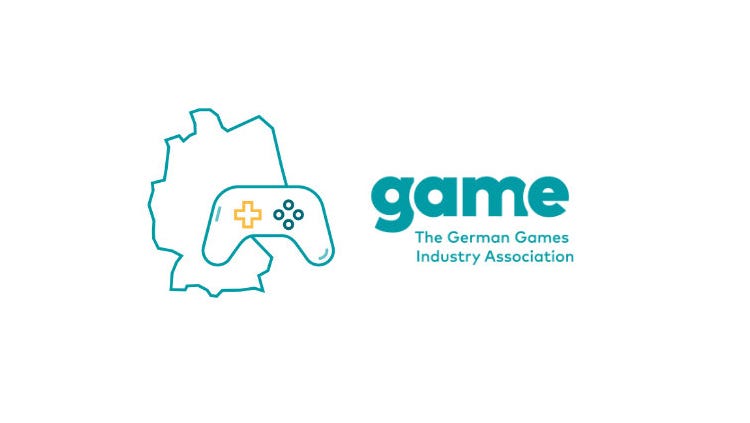German developers and publishers are largely pessimistic about the prospects of the country’s video games industry in the coming year, according to the annual industry barometer survey conducted by the German trade body Game.
The study, which involved 125 member companies, reveals that only 12% of respondents anticipate a positive economic development for Germany’s games industry in 2024.
This figure is significantly lower than the 48% of companies that expressed optimism for 2023. Conversely, 54% of respondents have a very or rather negative outlook for the current year, compared to just 17% the previous year.

Despite the overall negative sentiment for the industry as a whole, German game professionals remain more optimistic about the prospects of their individual businesses. Half of the respondents expect their companies to develop positively in 2024, while 19% have a negative outlook.
However, this still represents a decrease in optimism from the previous year, where 64% anticipated a positive year for their businesses, and only 9% expected a negative one.
Interestingly, despite the industry experiencing widespread layoffs, 40% of German games companies foresee an increase in their headcount in 2024, slightly lower than the 52% that reported the same expectation the previous year.
Conversely, 22% of German game companies expect to downsize, a significant increase from the 6% of respondents expressing this concern in the previous year.
Felix Falk, the managing director of Game, commented on the findings, stating, “Game companies in Germany are looking to the future with significantly less optimism than at this time last year. This is due to the strain on the global games industry and the inconsistency in the domestic games funding policy.
It’s clear that Germany needs a rigorous games policy as well as reliable, internationally comparable conditions to be competitive in one of the world’s largest media markets.
The weaker our position here, the heavier the impact on us will be in years when the climate in the international games industry is harsher. And the stronger our position, the better we here in Germany will be able to profit from the next wave of growth.”
A similar study conducted by the UK trade body TIGA earlier this month revealed that 46% of British games studios are “cautiously optimistic about the year ahead.”






